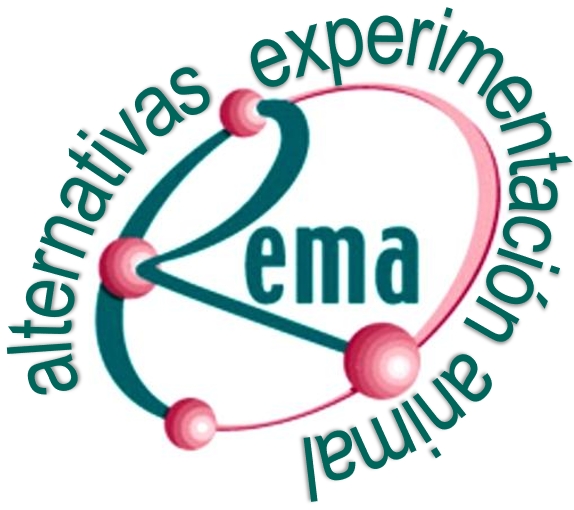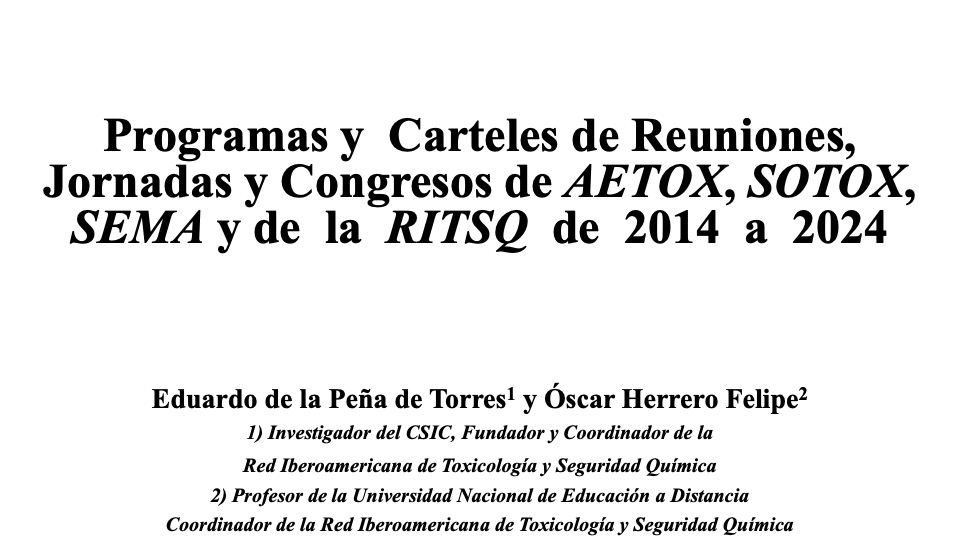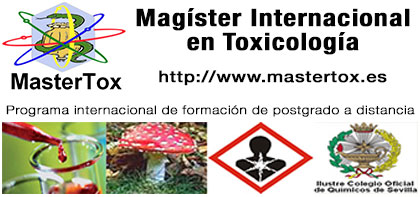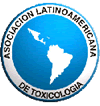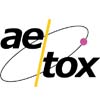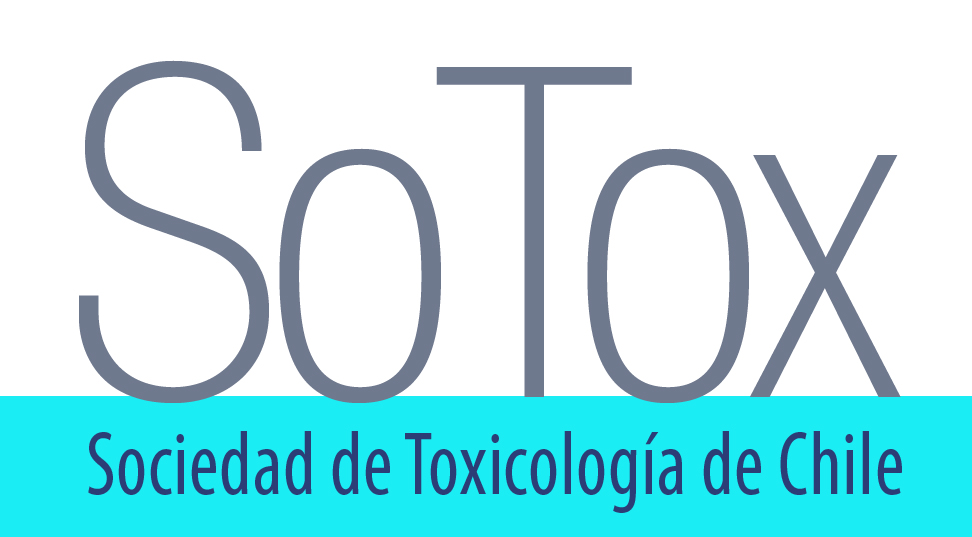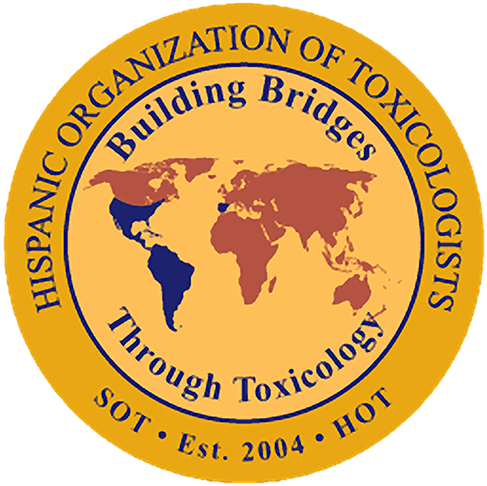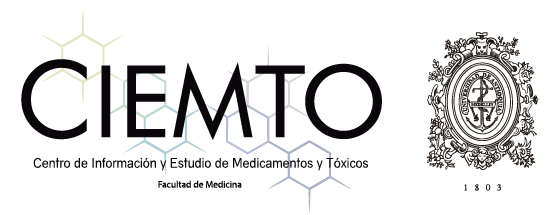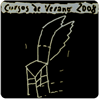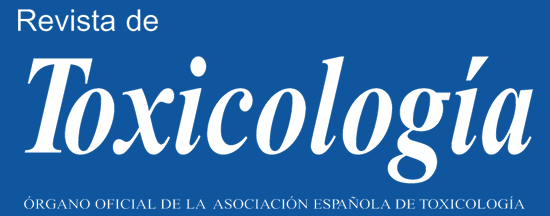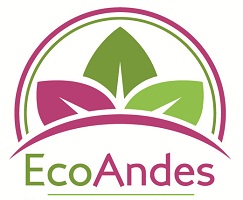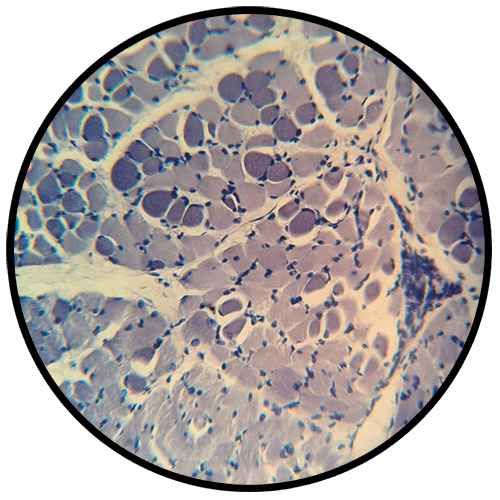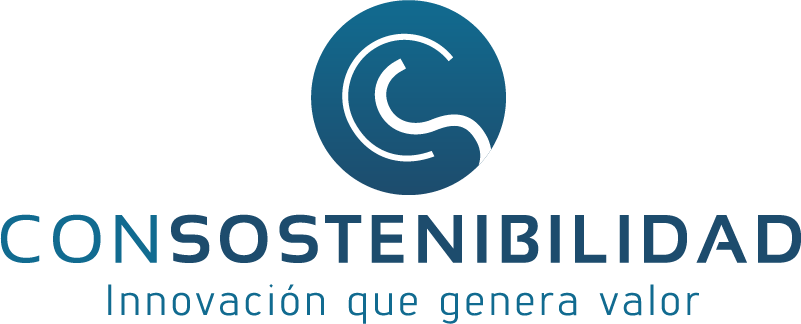 Within the last decade, new scientific evidence on the health impact of contaminants has been reported and current study methodologies have allowed the identification of previously unrecognized chronic immune, nephrotoxic, neurodevelopmental, genotoxic and other health effects, particularly duringchildhood, the most vulnerable life stage , and in workers, the most directly exposed group.
Within the last decade, new scientific evidence on the health impact of contaminants has been reported and current study methodologies have allowed the identification of previously unrecognized chronic immune, nephrotoxic, neurodevelopmental, genotoxic and other health effects, particularly duringchildhood, the most vulnerable life stage , and in workers, the most directly exposed group.
More information and knowledge about all these issues are required in many countries in order to take action towards prevention, education and policy considerations. In fact, in many countries (especially developing ones) the potential exposure to environmental risks either via contaminated food ingestion or polluted air – is yet to be recognized in the context of public health. There is a need to recognize the problem, assess its magnitude and plan interventions to stop exposure, including policy-related measures.
Improved networking will enable the planning of intersectoral preventive and remedial actions and fulfill the international commitments made. In fact, although a number of international agreements are being or have been achieved, further progress in the their country implementation needs to be strengthened.
The Conference proposed responds to the recent Busan Pledge for Action on Children’s Health and the Environment that states the need to translate research and knowledge into preventive policies and protective actions, to provide healthy environments for children.
Moreover, it responds to WHO Strategic Objective 8: to promote a healthier environment, intensify primary prevention and influence public policies in all sectors so as to address the root causes of environmental threats to health.
Although this conference will be focused on Cono Sur countries, efforts are being undertaken to facilitate the participation of representatives from other countries in the region and international experts.
Más información:
http://www.ciat.hc.edu.uy/






















